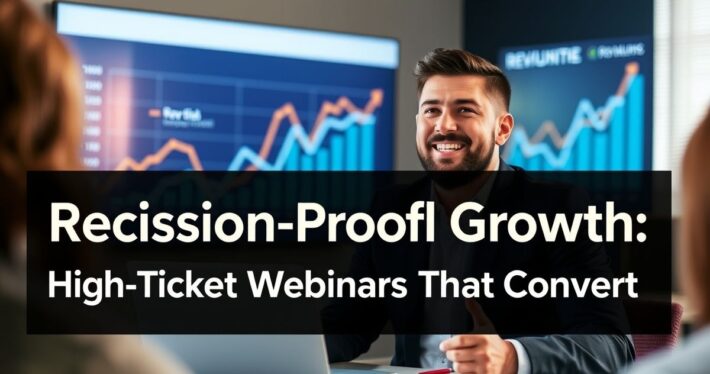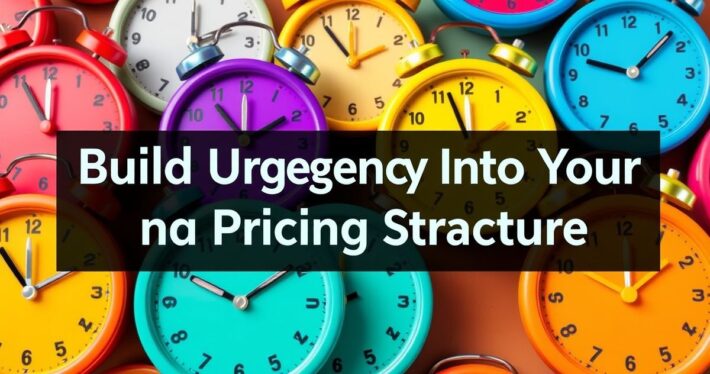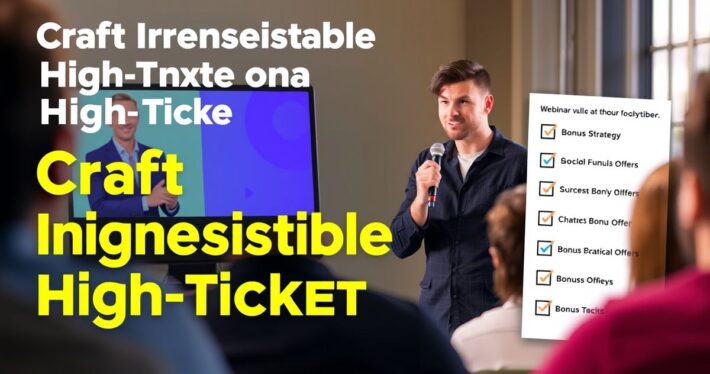High-ticket strategies: Why less is more for premium offers.

High-ticket selling isn’t about overwhelming your audience with options—it’s about crafting a premium experience that feels exclusive, valuable, and effortless. In the world of premium offers, less is often more. Why? Because simplicity allows your audience to focus on the transformational value of what you’re offering, not the noise around it. Let’s dive into why high-ticket strategies thrive on simplicity and how you can apply this principle to your business.
The Psychology of High-Ticket Offers
Let’s be honest: When someone is considering a high-ticket purchase, they’re not just buying a product or service—they’re buying transformation. Whether it’s a luxury coaching program, a mastermind, or a premium software solution, the decision hinges on perceived value. And here’s where simplicity plays a crucial role.
When you present too many options or overload your offer with features, you risk creating decision fatigue. Think about it: Would you rather choose between 20 slightly different earbuds or one premium pair that clearly stands out? The same logic applies to high-ticket offers. By streamlining your offer, you make it easier for your audience to say “yes” to the transformation they desire.
How to Position Your Premium Offer
Positioning is everything in high-ticket selling. It’s not just about what you’re selling; it’s about how you frame it. Here’s how to position your offer for maximum impact:
-
Focus on Outcomes, Not Features
Instead of listing every feature of your product or service, emphasize the results your client will achieve. For example, if you’re selling a business coaching program, don’t just talk about the number of sessions—highlight the increased revenue, improved systems, and personal growth your clients experience. -
Leverage Scarcity and Exclusivity
High-ticket buyers want to feel like they’re part of an elite group. Use language that conveys exclusivity, such as “limited spots available” or “exclusive access.” This creates a sense of urgency and makes your offer feel more valuable. -
Simplify the Buying Process
A complicated buying process can deter even the most interested buyer. Make it easy for them to take the next step, whether it’s scheduling a consultation, joining a waitlist, or making a purchase.
Real-World Example: The Power of Simplicity
Let’s look at a case study. A client of mine was struggling to sell their high-ticket coaching program. They had a robust curriculum, glowing testimonials, and a great reputation—yet, conversions were low. After analyzing their sales funnel, we noticed they were offering too many options: different pricing tiers, multiple bonus packages, and a confusing array of add-ons.
We simplified the offer to one premium package with a clear outcome: “Transform your business and double your revenue in 90 days.” We also added a high-value bonus (a 1:1 strategy session) and a risk-reversal guarantee. The result? Conversions increased by 45% in just one month.
Why Risk-Reversal Guarantees Work
Speaking of guarantees, let’s talk about why they’re essential for high-ticket offers. A risk-reversal guarantee makes the decision to buy feel safer. It’s not just about reducing risk—it’s about shifting the psychology of the purchase. When you offer a strong guarantee, you’re essentially saying, “We’re so confident in our offer that we’ll take all the risk.”
For example, instead of a standard 30-day money-back guarantee, consider offering a results-based guarantee: “If you don’t achieve X result, we’ll work with you until you do—or give you a full refund.” This kind of guarantee removes the fear of failure and makes your offer irresistible.
The Art of Stacking Value
One of the most effective high-ticket strategies is value stacking. But here’s the key: Don’t overdo it. Stacking value isn’t about adding more stuff—it’s about adding more perceived value. For example, instead of throwing in a bunch of irrelevant bonuses, include a high-value bonus that complements your core offer.
Here’s a simple formula for value stacking:
- Core offer: The main product or service.
- High-value bonus: Something that enhances the core offer (e.g., a 1:1 consultation, exclusive templates, or a private community).
- Risk-reversal guarantee: A promise that removes the risk of purchasing.
Common Mistakes to Avoid
While simplicity is powerful, there are a few pitfalls to watch out for:
- Overcomplicating Your Messaging: Keep your language clear and focused on the transformation.
- Undervaluing Your Offer: Don’t be afraid to price your offer high—it’s about the value, not the cost.
- Ignoring Objections: Address potential objections upfront to build trust and credibility.
Final Thoughts
High-ticket selling is both an art and a science. By focusing on simplicity, you can create premium offers that resonate with your audience and drive conversions. Remember: It’s not about adding more; it’s about curating an experience that feels valuable, exclusive, and effortless.
So, what’s your next step? Take a look at your current offer and ask yourself: Is it simple, valuable, and irresistible? If not, it’s time to simplify and elevate.



